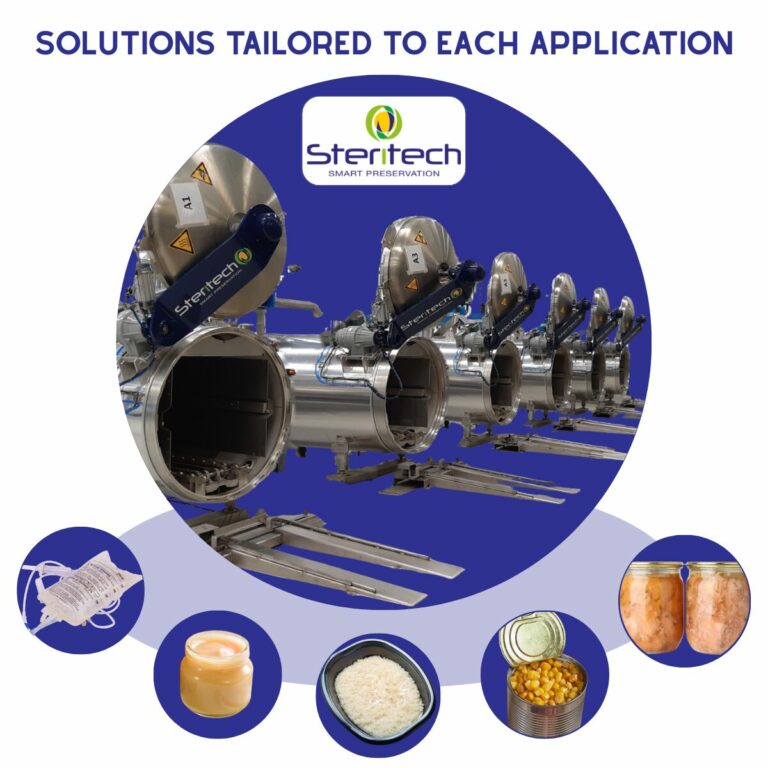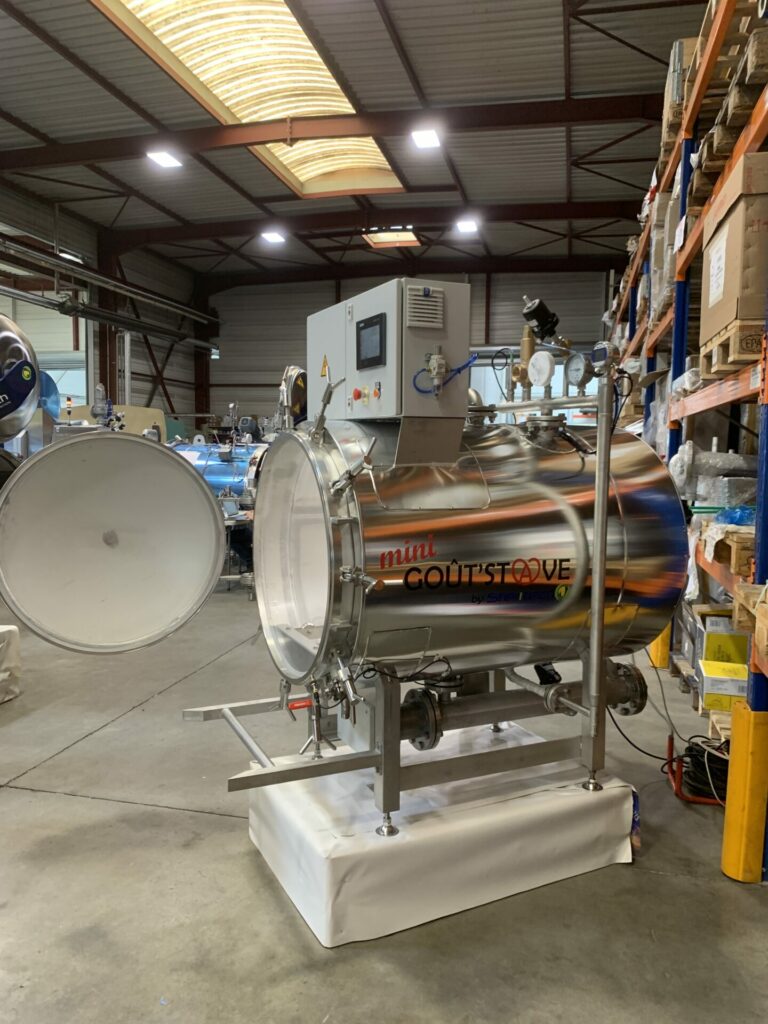
Since the health crisis, the artisanal canning market has been evolving. Customer demand for local, artisanal products is growing. But setting up your own cannery isn’t easy. In this article, you’ll find a wealth of information on setting up this type of business. You’ll also discover the many points to think about to ensure your launch goes smoothly.
The business creation project
Your project to create an artisanal cannery will require you to think about the positioning of your company.
- What type of customer are you targeting? Local customers? International customers?
- What do you want your brand to be? An artisanal brand of local products? A luxury organic brand?
- What level of quality do you demand for your products ? What packaging ? And what price level?
- Which distributors do you prefer for your products? Your online store? An organic boutique? A ready-to-eat workshop?
- What channels will you use to promote your preserves?
What’s more, setting up a new business requires you to think :
- financing ;
- premises ;
- equipment acquisition (autoclaves).
The choice of products, equipment and premises for the artisanal cannery
You can choose to sell, for example, canned white tuna in olive oil, canned vegetables or organic fish rillettes . However, your artisanal canning project needs to define a coherent product range.
In addition to organizing the production and manufacture of canned goods, you’ll need to choose :
- the location of production facilities;
- equipment dedicated to your business;
- raw materials and containers.
The layout of the artisanal cannery premises
The premises of your artisanal cannery should be located close to the raw materials production area. This is to avoid the additional processing costs of transporting products by road. For example, if you want to make Breton-style canned fish fillets, it’s not a good idea to locate your production facility in Auvergne.
Choosing the right range of production equipment
The cannery’s equipment needs to be reviewed. It’s essential to
Choice of products, raw materials and containers
For vegetables such as sardines from fair-trade fisheries, the choice of production range determines the choice of raw materials. Bear in mind that you will be responsible for
Regulatory aspects of setting up an artisanal cannery
Cannery regulations are subject to a number of sanitary constraints. In addition,sanitary approval is required for canneries wishing to process animal products for resale to other professionals.
Let’s take a look at the list of training courses required to set up your own canning factory.
Training in business creation and management
Even if it is not compulsory, business start-up training is strongly recommended to ensure the long-term success of your project.
The manufacture of cooked products and the use of an autoclave
The appertization process requires an apprenticeship to master the technique. The CTCPA (Centre technique de la conservation des produits agricoles) offers a course entitled “Conduire une activité de conserverie” (“Running a canning business” ). It is particularly well-suited to training as a canner. This is a profession in its own right, with specific training courses and numerous outlets. In addition to this training, it is necessary to obtain the habilitation to operate an autoclave, mandatory according to the decree of 20/11/2017.
HACCP training (food safety)
HACCP standsfor “hazard analysis critical control point“. It can also be translated into French as “analyse des dangers et maîtrise des points critiques”. Regulation 852/2004 sets out the requirements for HACCP training and food hygiene principles. Future canners need to be familiar with the principles of canning and the various heat treatments involved.
The cannery project and its commercial aspects
Even before setting up a canning facility, it’s important to ensure that products are properly labeled. These must include the appropriate mandatory information.
The choice of sales method should also be carefully considered: direct sales in person or online, sales to distributors, etc. There are other distribution methods that may suit your business needs.
Is your project for an artisanal cannery in the starting-blocks? Are you ready to get started? Don’t hesitate to contact Steritech if you have any technical questions. We can help you use our range of autoclaves and sterilizers.
Other STERITECH news


Happy New Year 2026

